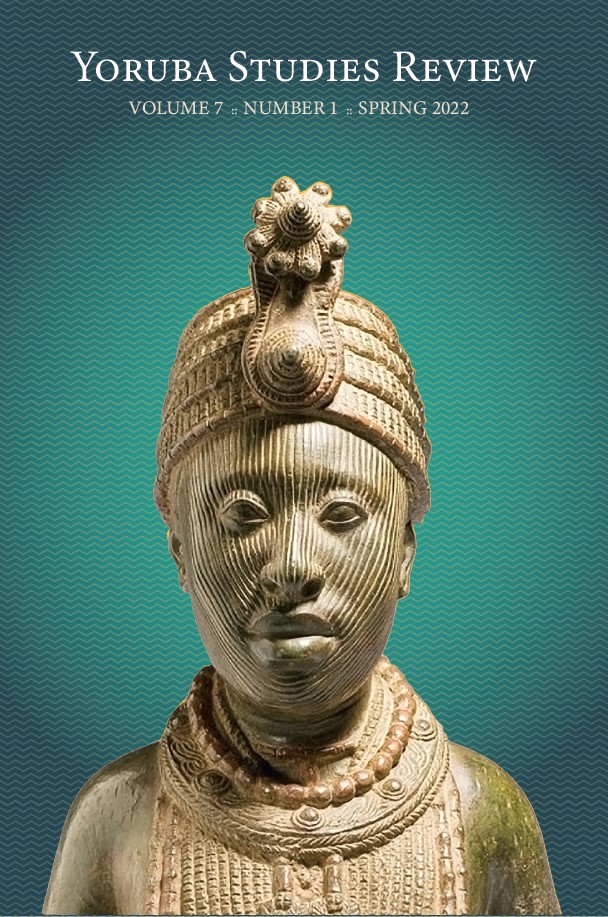Abstract
The power to communicate effectively and the politics of language were over the years intertwined, compelling writers used foreign languages to reach a wider audience, make sense of our world, describe different worlds, and create other experiences. Translingualism is also like a bridge for readers who cannot speak an author’s native language. The adoption of literary translingualism is a knotted discourse, but the texts of Wole Soyinka, Amos Tutuola, Chinua Achebe, Ben Okri, and Chimamanda Adichie reviewed to examine this loosely defined term. This essay dissects the essence of literary translingualism in inspecting individual attempts to adhere to linguistic differences, reviewing how selected writers have shown the necessity for translingualism in their work.

This work is licensed under a Creative Commons Attribution-NonCommercial 4.0 International License.
Copyright (c) 2022 Toyin Falola
